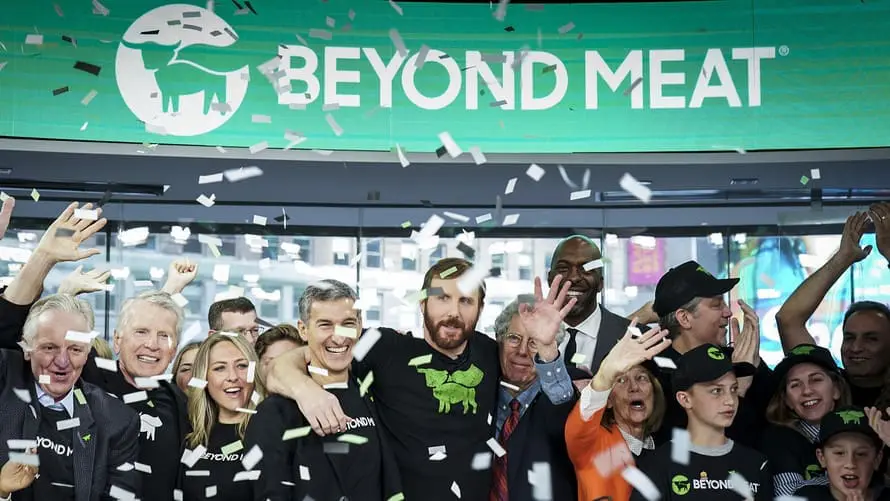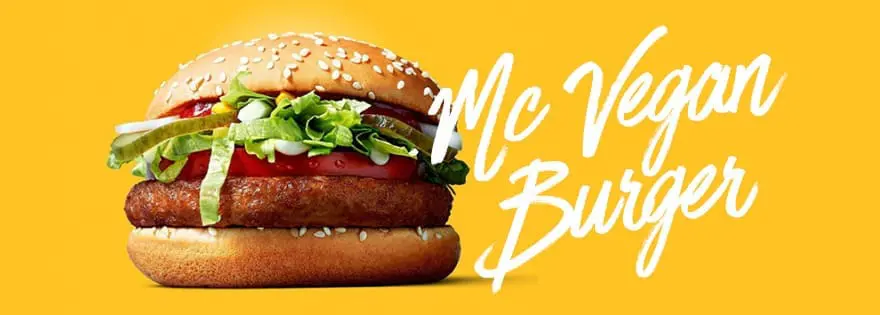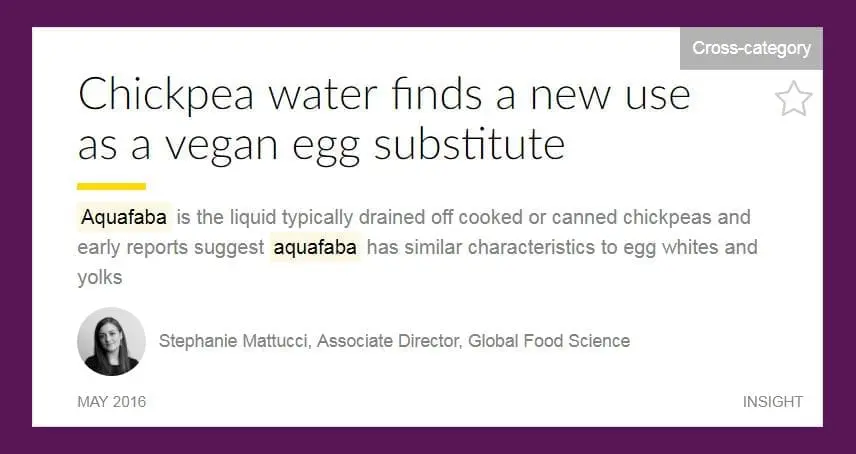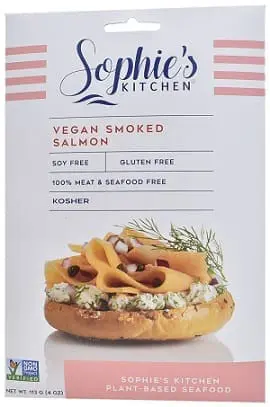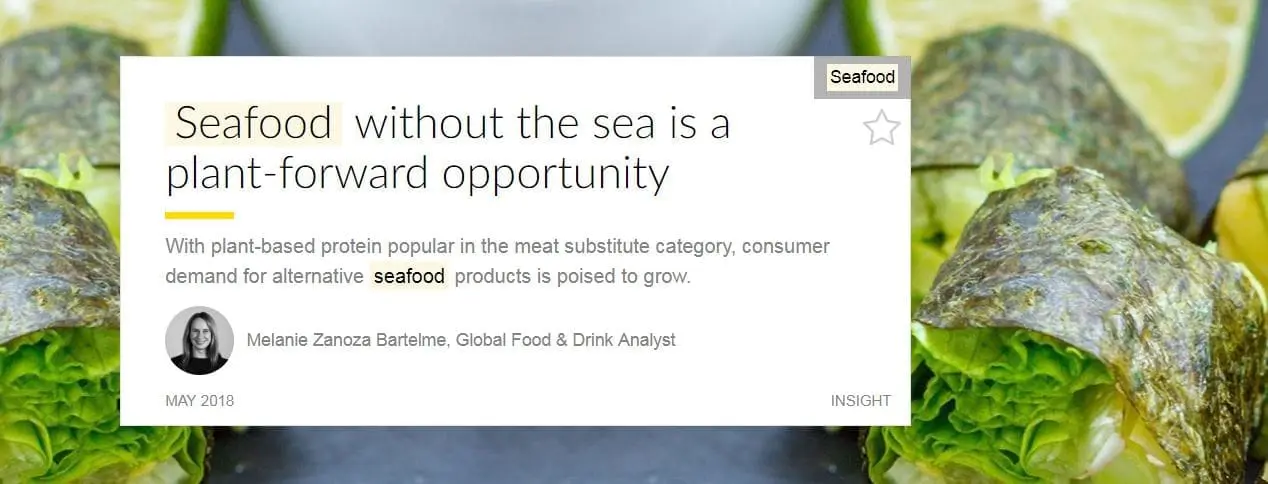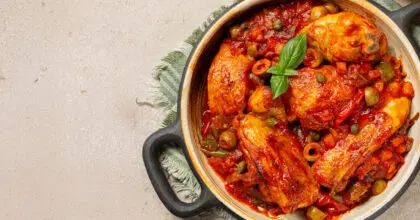You Heard It Here First: The plant-based revolution
Mintel has been at the forefront of predicting the trends that matter most, calling them early and accurately, over the last 15 years. In our series, You Heard It Here First, we take a look at some of the predictions that we’ve made and where they are today.
Today we’re looking at the unstoppable rise of plant-based foods. It may look like the current interest in vegan and vegetarian diets has taken the world by storm, but it has actually been a very gradual journey. We’ve been predicting and tracking this trend for the past ten years, identifying signals of disruption from an early stage. Here, we take a trip down memory lane and track a timeline of the plant-based revolution, from its very beginning.
The move towards “going veg”
In 2010, a Mintel study of consumer attitudes towards natural and organic foods revealed that about a third of Americans who were exploring that burgeoning market were also interested in vegan foods. This did not mean that plant-based living was well established; less than 3% of American consumers followed a completely vegan or vegetarian diet that year. But Mintel sensed that there was something afoot, and in 2011, we noted that the percentage of “occasional” vegans and vegetarians stood at 7% in the US. And interest in non-dairy, especially soy-based beverages was on the rise.
It started with soy…
Still in 2010, Mintel had predicted the growth of plant-based drinks as harbingers of the developing vegan and vegetarian trends in the US, led by the interest in soy milk. Back then, we saw the strong growth of private label plant-based milk alternatives as indicative of the potential for future growth in the category, pointing out that brands wishing to get involved in the then-new category of ‘dairy milk alternatives’ should be ready to ensure that they could compete with the lower-priced store brands.
While we were tracking the growth of store brand milk alternatives, we also noted a shift away from soy-based to nut-based beverages.
 US brand Silk launched its first almond milk in 2010
US brand Silk launched its first almond milk in 2010
Noting the influx of challengers to soy, we observed that the plant-based beverage category was undergoing an evolution:
We continued to follow the trend from 2010 to 2015, when we noted:
…And then came meat alternatives
Tracking the growth of plant-based alternatives has been the subject of considerable Mintel attention over the past decade. As we continued to see an increase in the number of consumers occasionally eating a vegetarian or vegan diet, we noted shifts in a number of food categories.
In 2015, writing about the increase in plant-based alternatives to meat, Mintel predicted:
We continued to follow the growth of non-animal products across the range of traditionally animal-based categories from dairy to meat in a number of reports, published throughout 2015 and 2016.
 Launched in 2015, Dr. Oetker released a range of vegetarian frozen pizza in Germany, using wheat protein as meat alternative
Launched in 2015, Dr. Oetker released a range of vegetarian frozen pizza in Germany, using wheat protein as meat alternative
Identifying the overarching trend
By the time we launched our 2016 Food and Drink Trends, the move to plant-based eating as a lifestyle was strong enough to give it a name of its own. The Mintel Trend ‘Alternatives Everywhere’ concluded:
And we have been watching the trend towards alternative – or plant-based – proteins grow since then. We have seen the mainstreaming of meat alternatives, with the IPO of Beyond Meat and the addition of plant-based proteins to restaurant menus (even McDonald’s, KFC and other established fast food restaurants are getting on the plant-based bandwagon).
We have also seen the continuum in the evolution of non-dairy milk, ice cream and yogurt, shifting from soy to almond to oat, which is the trendiest new dairy alternative. Indeed, we first pointed to the potential for oat milk to compete with soy and other non-dairy milks in 2011, when we observed:
And we have seen the emergence of plant-based products that would have been science fiction a few years ago, like mayonnaise made from upcycling the liquid that remains after cooking chickpeas (known as aquafaba). In fact, Mintel heralded the potential for aquafaba as early as 2016.
What’s next?
Mintel continues to monitor the global growth of vegetarian and vegan foodways and also to track the emergence of vegan options in categories that seem unexpected. The growth of vegan chocolate confectionery, for example, was identified by Mintel as early as 2016, while vegan “seafood” was identified in 2018.
 Sophie’s Kitchen sells gourmet plant-based seafood
Sophie’s Kitchen sells gourmet plant-based seafood
We are looking for ‘the next’ ingredient that can replace meat or dairy, and our quest is summarized in the 2018 Food & Drink Trend ‘Science Fare’:
When tofu and seitan not only become mainstream products, but are already seen as ‘yesterday’s news’, it seems that the sky’s the limit for transformed, engineered and ‘sci-fi’-inspired alternatives to be the next headlines.
But at Mintel, we are also looking in the other direction: will meat and dairy make a comeback? We are wondering if that is the case. In 2008, we introduced the idea of “Ethicureans,” who eat meat, as long as it is sustainable, organic, local, and ethically raised. Keeping that in mind, we are watching the next evolutionary stage on two fronts, pondering whether meat and dairy consumption will have an ethical revival, or whether plant-based alternatives will continue to evolve and grow.

Marcia Mogelonsky, Ph. D. is the Director of Insight, Food & Drink, at Mintel. Her expertise focuses on consumer behavior across a range of categories.
-
Mintel's research on ‘new’ plant sourcesExplore the global plant-based protein market...Discover this research
-
2026 Global PredictionsOur Predictions go beyond traditional trend analysis. Download to get the predictive intelligence and strategic framework to shape the future of your industry in 2026 and beyond. ...Download now
-
Are you after more tailored solutions to help drive Consumer Demand, Market Expansion or Innovation Strategy?Ask for a customised strategic solution from Mintel Consulting today....Find out more

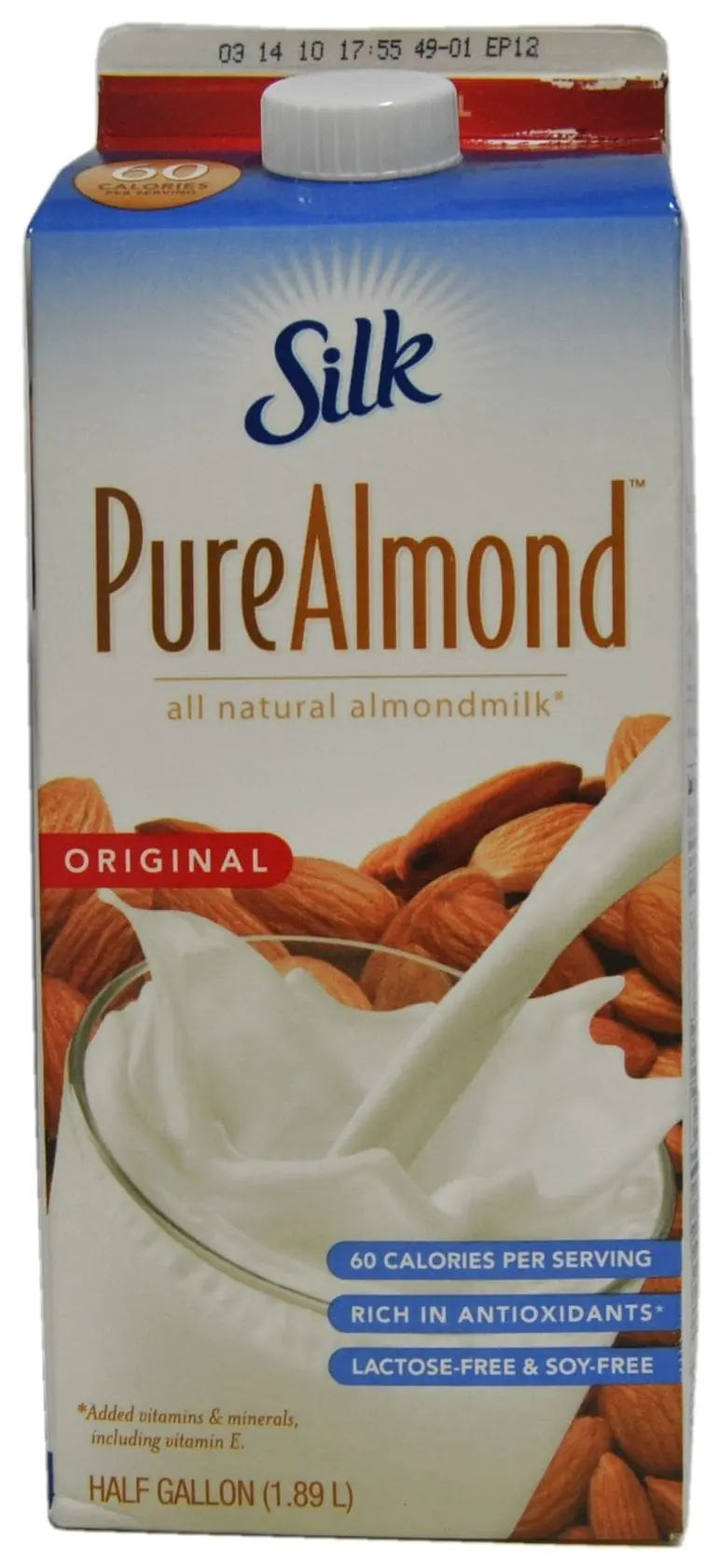 US brand Silk launched its first almond milk in 2010
US brand Silk launched its first almond milk in 2010


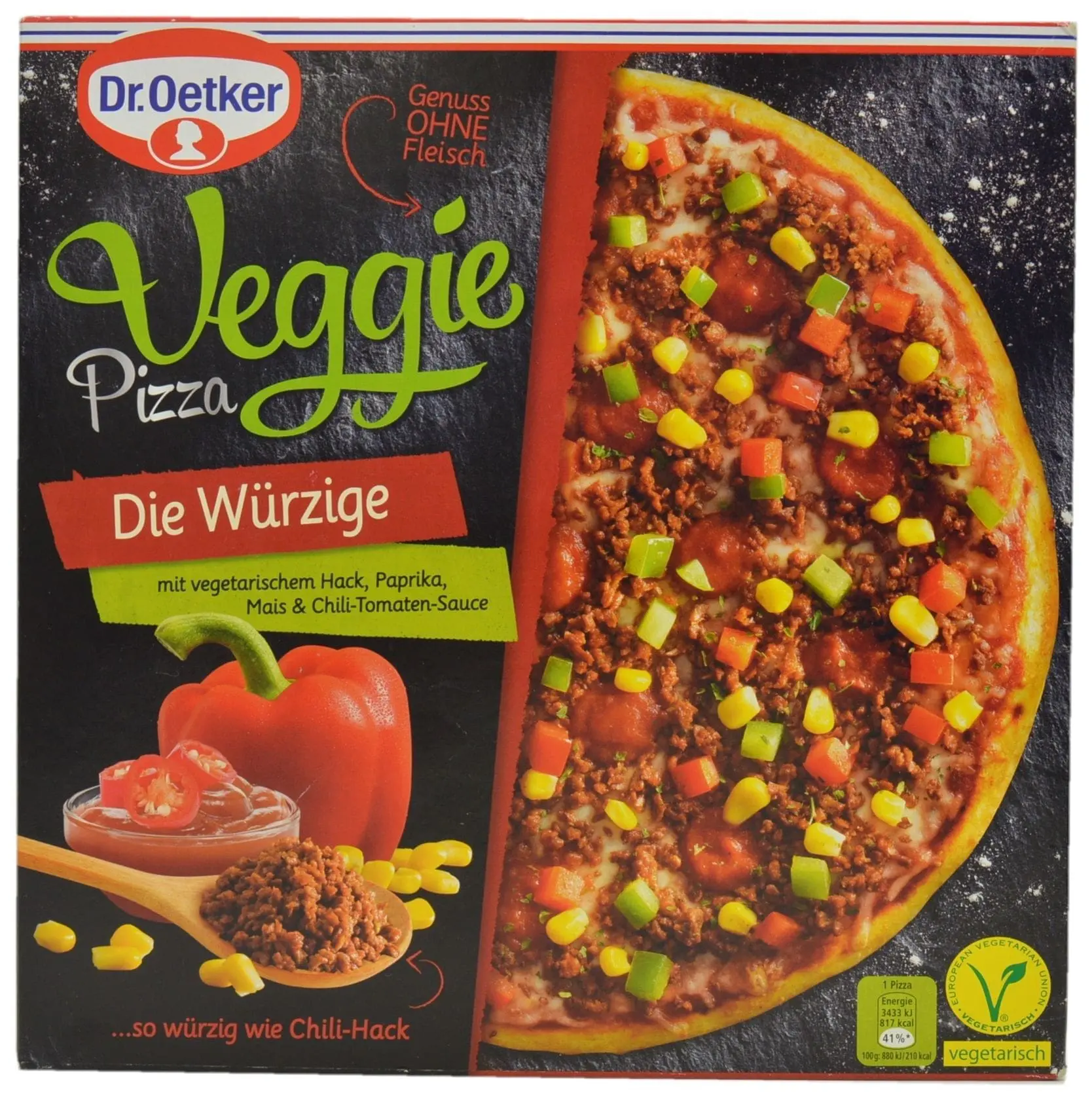 Launched in 2015, Dr. Oetker released a range of vegetarian frozen pizza in Germany, using wheat protein as meat alternative
Launched in 2015, Dr. Oetker released a range of vegetarian frozen pizza in Germany, using wheat protein as meat alternative
